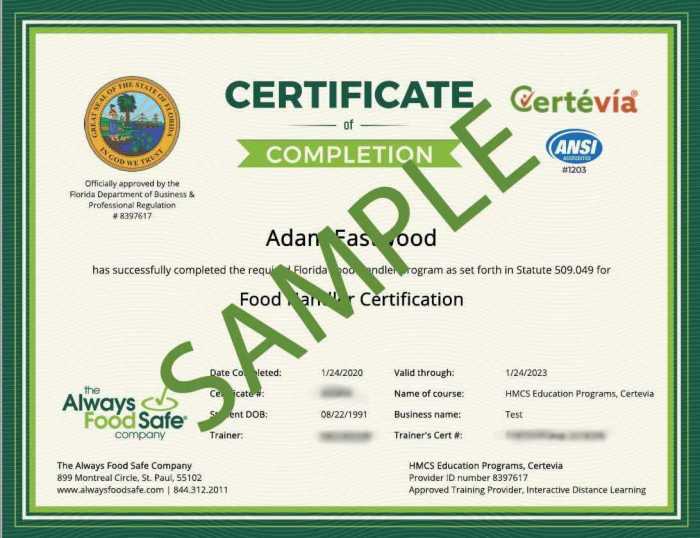A manager notices that food handlers are eating, posing a potential threat to food safety. This article delves into the food safety regulations, risks, training, enforcement, cultural factors, and alternative solutions surrounding this issue, providing a comprehensive analysis for managers and food safety professionals.
Understanding the complexities of food handlers eating in the workplace is crucial for maintaining food safety standards and protecting consumers from foodborne illnesses.
Food Handlers Eating in the Workplace: A Food Safety Concern: A Manager Notices That Food Handlers Are Eating

Food handlers are responsible for preparing and serving food to customers. It is important that they follow food safety regulations and policies to prevent foodborne illnesses. One of the most important food safety regulations is that food handlers should not eat in the workplace.
There are several potential food safety risks associated with food handlers eating in the workplace. First, eating can introduce contaminants into food. For example, if a food handler has a cold, they could spread the virus to food if they eat while preparing it.
Second, eating can cross-contaminate different food items. For example, if a food handler eats a sandwich and then handles raw meat, they could cross-contaminate the meat with bacteria from the sandwich.
Employee Training and Education
It is important to train and educate food handlers about the risks of eating in the workplace. Food handlers should be trained on the following topics:
- Food safety regulations and policies
- Hygiene practices
- Proper food handling techniques
Food handlers should also be trained on how to recognize and report foodborne illnesses.
Enforcement and Monitoring, A manager notices that food handlers are eating
Management is responsible for enforcing food safety regulations and monitoring food handlers’ compliance. Management should develop and implement a food safety program that includes the following elements:
- A written food safety policy
- Procedures for monitoring food handlers’ compliance
- Disciplinary actions for food handlers who violate food safety regulations
Management should also provide food handlers with the resources they need to comply with food safety regulations, such as handwashing stations and clean work surfaces.
Cultural and Behavioral Factors
There are a number of cultural and behavioral factors that may influence food handlers’ eating habits in the workplace. For example, some food handlers may feel pressured to eat quickly in order to keep up with the demands of their job.
Others may eat in the workplace because they do not have time to eat at home. It is important to be aware of these factors when developing and implementing food safety programs.
Alternative Solutions
There are a number of alternative solutions that can be used to address the issue of food handlers eating in the workplace. One solution is to provide designated eating areas for food handlers. Another solution is to provide food handlers with break times so that they can eat away from the workplace.
It is important to weigh the benefits and drawbacks of each solution before implementing it. For example, providing designated eating areas may be more expensive than providing food handlers with break times. However, providing designated eating areas may also be more effective in preventing foodborne illnesses.
Quick FAQs
Why is it important to prohibit food handlers from eating in certain areas or during certain times?
Eating in designated areas and at designated times helps prevent cross-contamination of food and reduces the risk of foodborne illnesses.
What are the potential food safety risks associated with food handlers eating in the workplace?
Food handlers can introduce contaminants into food through their hands, utensils, or clothing, leading to foodborne illnesses.
How can employee training and education help mitigate the risks of food handlers eating in the workplace?
Training programs educate food handlers about food safety regulations, hygiene practices, and proper food handling techniques, empowering them to make informed decisions.

